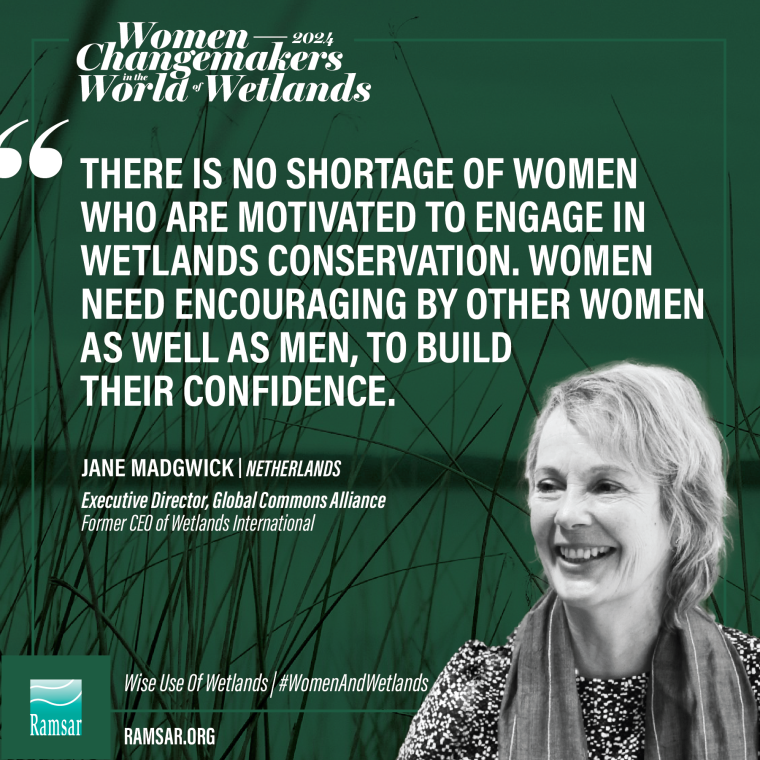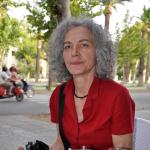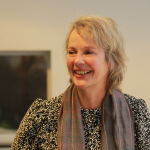
Jane Madgwick
Executive Director, Global Commons Alliance
Biography
Jane Madgwick is a distinguished ecologist and author with over three decades of experience in the field of wetlands and water management. Her expertise spans the realms of science, policy, and practice, making her a leading figure in global conservation efforts.
Her early career was spent as an ecological researcher working mainly in the UK, Somalia, and Australia. She holds a BSc in Human and Environmental Biology from York University and an MSc in Conservation from University College London.
In May 2023, Madgwick made history by becoming the inaugural Executive Director of the Global Commons Alliance, a prestigious appointment that underscores her profound commitment to environmental stewardship on a global scale. Prior to this role, she held key positions at prominent organizations such as Wetlands International, WWF International, and WWF Australia.
During her remarkable 19-year tenure as CEO of Wetlands International, Madgwick spearheaded initiatives that significantly advanced the cause of wetland conservation worldwide. Leading a network of 20 offices primarily situated in the global south, she played a pivotal role in elevating the importance of wetlands on the global agenda. Her visionary leadership galvanized diverse stakeholders, including communities, corporations, governments, and municipalities, to prioritize the preservation and restoration of wetland landscapes. By emphasizing the intrinsic value of wetlands for biodiversity, human well-being, and climate resilience, Madgwick's work has left an indelible mark on the environmental landscape.
Madgwick's approach is characterized by a steadfast commitment to fostering partnerships and dialogue among stakeholders. Recognizing the urgent need for collective action to address pressing environmental challenges, she advocates for collaboration as a catalyst for positive change. Her unwavering dedication to creating an environmentally sustainable and socially just future serves as a beacon of hope for generations to come.
As an accomplished author, Madgwick continues to share her insights and expertise through various publications, furthering the discourse on wetland conservation and water management. Her contributions have earned her widespread acclaim and positioned her as a thought leader in her field.
Jane Madgwick's pioneering efforts have reshaped the way the world views and interacts with wetlands. Her legacy of environmental stewardship serves as an inspiration to all those dedicated to safeguarding the planet for future generations.

Questions and Answers
What personal experience has shaped or inspired your journey?
I fell in love with all things wetlands at an early age- finding them most fascinating places.
When I was 22, I planned and led an ecological research expedition (1986) to the Jubba riverine forests in southern Somalia. This was a seemingly impossible ambition that I managed to materialize despite major setbacks. It strengthened my determination to go after big outcomes and not to be put off by the naysayers or practical obstacles. Living in the forests and by the wetlands there, I also learned the importance of local communities being in the driving seat for conservation – and how by combining science and traditional knowledge, greater insights and results can be realized. This shaped my approach to bringing change bottom-up.
Who is the influential figure who has inspired your actions, and what specifically about them has been motivating?
The late Dr. Luc Hoffmann’s belief and trust in me, backing me to establish WWF's first European Freshwater Programme and then subsequently supporting me as I endeavored to build and strengthen Wetlands International, was very motivating.
I was also very inspired by the journalist Fred Pearce, his unique writing that combines scientific insights and storytelling about the experiences of individuals and communities as their environment and climate change. This led us to join several field visits together and to publish “Water Shocks: Wetlands and Human Migration in the Sahel” as well as to co-write and publish the book “Water Lands”.
In your conservation efforts for wetlands, what key challenges did you face and how has this experience fuelled your dedication to making a positive impact?
The key challenge that regularly re-occurs is bringing together diverse actors and stakeholders to share knowledge and to develop a common vision and plan of action for wetlands and the landscape surrounding them. I encountered entrenched views and perspectives on trade-offs between nature and people. This made me determined to show how thriving wetlands are and can be the basis for thriving livelihoods and societies. I looked to demonstrate this locally and to bring the evidence and storytelling globally.
All women in this category: Wise Use of Wetlands

Gordana Beltram
National Coordinator 2014-2022 Ministry of the Environment and Spatial Planning Slovenia.
More information
Dr. Siobhan Fennessy
Professor of Environmental Studies & Biology, Kenyon College
More information
Ximena Giraldo
Senior Advisor in Economy, Trade and Finance Embassy of the Kingdom of the Netherlands
More information